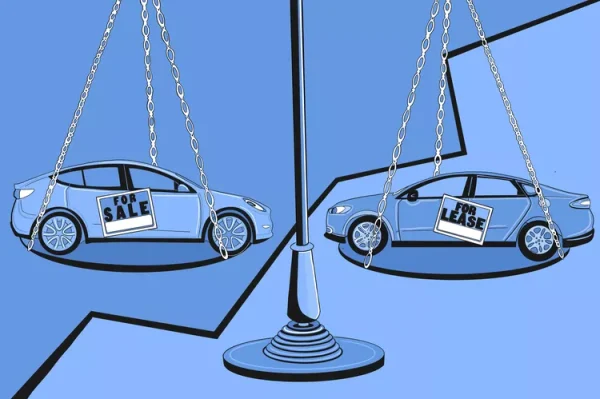Netflix’s $20 Billion Debt: Not So Chill
It’s a Friday night, and you’re sitting down to watch TV. When you ask yourself what platform you want to watch. The answer is obvious: Netflix. But as you stroll through the list of original series, you see your favorite show has been cancelled.
Given that Netflix has made a point of saving other shows from traditional network cancellations, you wonder why they would cancel one of their originals without a proper ending.
The answer to that question is quite simple: Netflix is in debt. Seriously in debt.
Over the last few years, Netflix has shelled out billions of dollars on new series, and apparently Netflix has not seen the expected return. On Aug. 21, Netflix reported its long-term debt to be in the neighborhood of $20 billion, much of which been the result of spending to grow its original content portfolio.
And while Netflix is going ahead with its plans to develop new shows despite its growing debt, it is taking cost-cutting measures by canceling production of some of its costlier shows to produce.
Probably the most popular Netflix series to get the ax is Sense8, which is about a small cluster of strangers who share a mental connection that allows them to tap into one another’s thoughts and skills as they experience life together and try to survive being hunted down by a mysterious organization.
“It is everything we and the fans dreamed it would be: bold, emotional, stunning, outright unforgettable,” Cindy Holland, Netflix’s vice-president of content, told Variety. Despite its popularity Sense8 was deemed too costly.
Other popular Netflix series that have been show the door include Bloodline, The Get Down, and Gypsy.
Netflix plans to keep pouring cash into expensive prestige projects and expects to spend at least $6 billion in content this year in order to keep pace with other original content streaming services such as Amazon and Hulu. Its net cash overflow this year is forecast to grow to as much as $2.5 billion, up from $1.7 billion last year, according to the Los Angeles Times. So far, investors have expressed approval of Netflix’s spendthrift ways.
The question is: should Netflix subscribes be nervous? Well, most Netflix subscribers don’t seem to be bothered about the debt as long as there is something to watch on TV. More importantly, investors don’t seem too worried either as the company’s stock price has risen 50 percent over the past year according to various reports.
However, Netflix was recently hit with a sucker punch when Disney announced it would be pulling its titles from Netflix to start its own streaming service in 2019. The absence of all Disney’s family-friendly programming will leave a void on Netflix, but it still holds the rights to the popular Marvel and Star Wars properties.
Nevertheless, according to Forbes.com, UBS financial analyst Doug Mitchelson recently wrote to clients: “We expect Netflix’s original content ramp to continue to drive accelerating international net additions, especially as Netflix increases investment in local content overseas and expands genres such as movies and non-fiction.”










